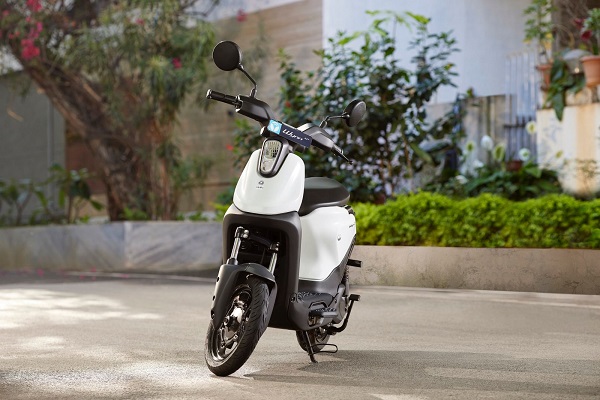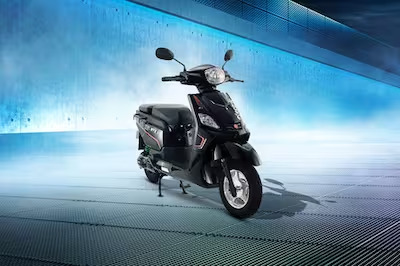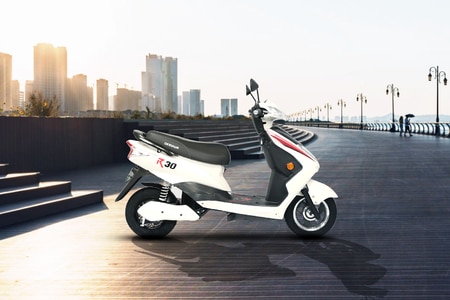Indian automakers resume push to delay tougher fuel efficiency norms
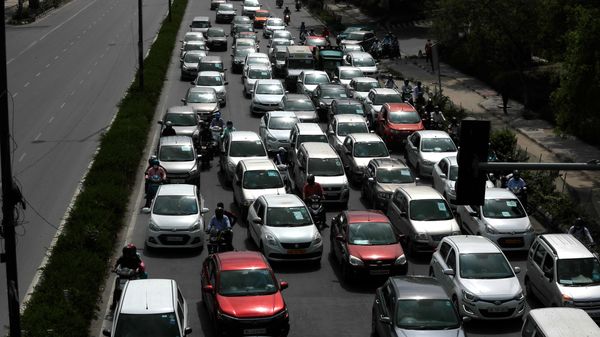

Car companies in the country are making a renewed push to delay the tougher fuel efficiency norms, asking for more time to meet the target for reducing carbon emissions, Reuters quoted sources. The push comes as companies are still overcoming the financial impact caused by the coronavirus pandemic.
The Society of Indian Automobile Manufacturers (SIAM), that is leading the push is expected to meet transport minister Nitin Gadkari on Tuesday to request for a one-year delay in complying with the rules that are due to come into effect from April next year, Reuters reported.
Also check these Vehicles
In the meeting, both the parties are expected to talk about how the auto industry plans to adopt clean technologies in future along with the request for delay in complying with stringent fuel norms.
Also Read : Analysis: When do electric vehicles become cleaner than petrol cars?
As per first phase of the corporate average fuel efficiency (CAFE) rules introduced by India in 2017, automakers are required to reduce average carbon emissions from new cars to 130 grams per km, until the end of March next year. They are expected to do so by using solutions such as launching electric vehicles and using alternative auto fuels like ethanol. However, due to financial impact from the pandemic, the car makers say that it would be difficult for them to make further investments to meet the stricter rules.
Also Read : European Union set to end the era of combustion engine within two decades)
Earlier in March, SIAM had requested for a two-year delay in meeting the targets but a senior government official had said that though an extension was unlikely, concessions could be granted if manufacturers show serious intent to invest in clean technologies.
The second phase of the CAFE rules is expected to begin from April 1, 2022, when car makers will have to further cut carbon emissions to 113 grams per km. The even stricter rules aim to pull Indian fuel regulations in line with global standards such as that in Europe.







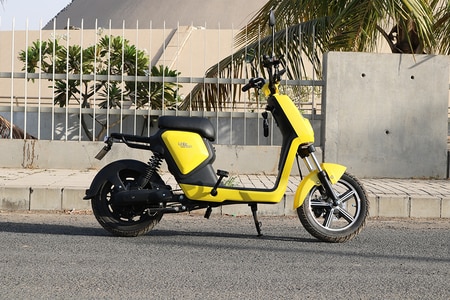
 60 km/charge
60 km/charge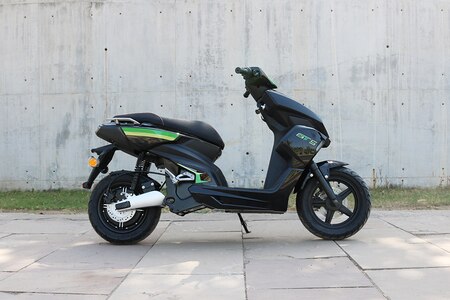
 2.4 kWh
2.4 kWh